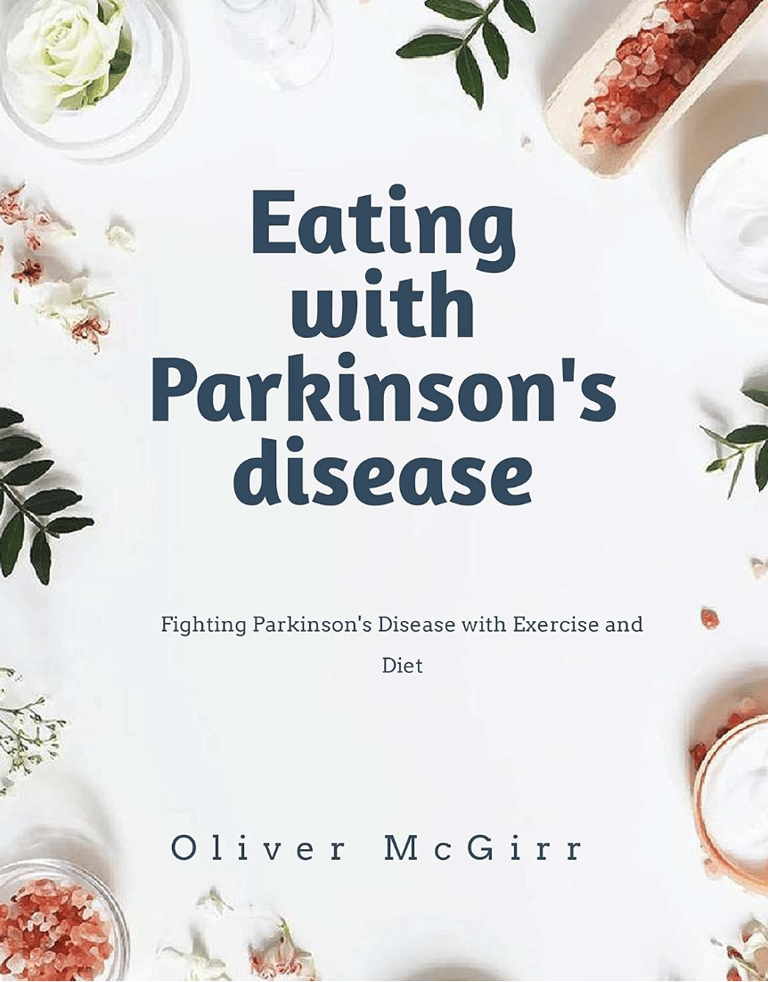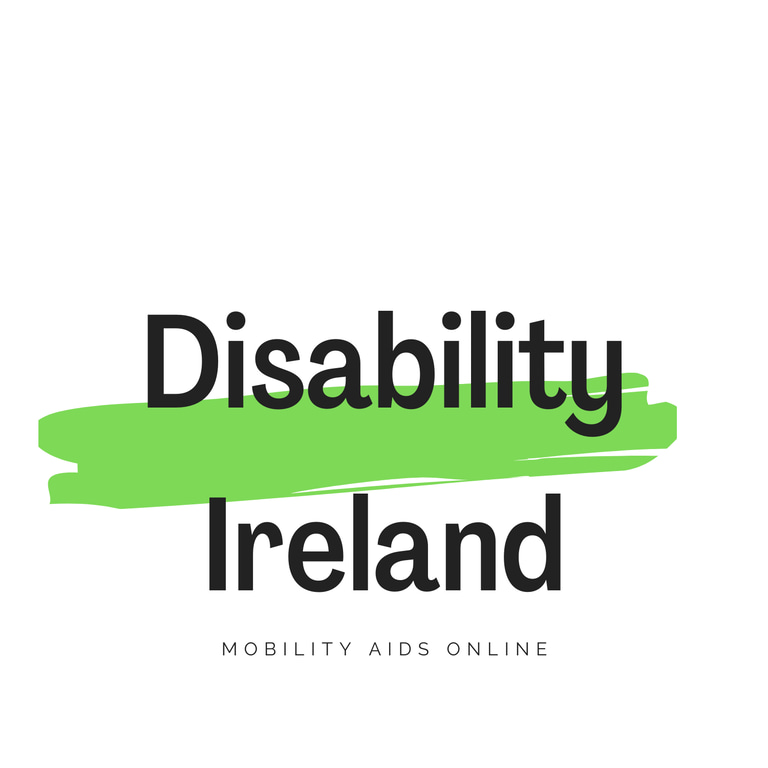Living with Parkinson’s: A Practical Guide to Staying Independent in Ireland and the UK
Living with Parkinson’s: A Practical Guide to Staying Independent in Ireland and the UK.
9/10/20253 min read


Being diagnosed with Parkinson’s disease can feel overwhelming. It’s natural to experience worry, frustration, or even fear about what lies ahead. But Parkinson’s is not the end of your independence — with the right support, lifestyle adjustments, and modern tools, you can continue to live a full and active life.
This guide is designed for people in Ireland and the UK who are newly diagnosed or already living with Parkinson’s. It offers practical steps, resources, and tips to help you maintain control and confidence every day.
Understanding Parkinson’s
Parkinson’s is a progressive condition that affects the nervous system. Common symptoms include tremors, stiffness, slow movement, and changes in balance. While there is currently no cure, medications, therapies, and supportive tools can dramatically improve quality of life.
The most important thing to remember: you are not alone. Thousands of people in Ireland and the UK are living with Parkinson’s, and many lead active, independent lives with the right support.
Practical Ways to Stay Independent
1. Embrace Mobility Aids Early
Mobility aids are not a sign of weakness — they’re a tool of independence. Whether it’s a walking stick, rollator, or stair cane, using the right aid can help reduce falls, improve confidence, and conserve energy.
In Ireland, the HSE may cover the cost of some equipment.
In the UK, talk to your NHS occupational therapist about what’s available.
2. Explore New Technology & AI
Modern technology can make daily life easier for people with Parkinson’s.
Voice assistants (Google, Alexa, Siri) can set reminders for medication or appointments.
AI apps can transcribe your speech into text if your voice weakens.
Wearable devices can monitor movement patterns and help manage symptoms.
Some people with Parkinson’s even benefit from tapping apps or metronome tools that help regulate walking rhythm.
3. Exercise at Your Own Pace
Regular movement is one of the most powerful ways to manage Parkinson’s symptoms. Exercise can:
Improve balance and mobility.
Boost mood and energy.
Slow down progression of stiffness.
Gentle options include:
Walking groups for social activity.
Chair-based exercises at home.
Tai Chi or yoga for balance.
Parkinson’s-specific physiotherapy programmes (available via HSE and NHS services).
4. Manage Energy and Fatigue
Fatigue is a hidden but common symptom of Parkinson’s. To cope:
Plan activities for your “best” times of day.
Break tasks into smaller steps.
Use mobility aids or household gadgets to conserve energy (grab rails, reachers, perching stools).
5. Nutrition and Hydration
A balanced diet supports overall health and may reduce some symptoms.
Fibre-rich foods can help with constipation.
Plenty of fluids prevent dehydration.
Protein timing: some medications work best if not taken with protein-heavy meals, so speak to your doctor or pharmacist.
6. Build Your Support Network
Living with Parkinson’s is easier when you have a strong circle of support.
In Ireland, groups like Parkinson’s Association of Ireland provide local branches, helplines, and activities.
In the UK, Parkinson’s UK offers community groups, an advice line, and practical guides.
Family and friends can also benefit from joining support groups to better understand the condition.
7. Plan Ahead — But Live for Today
Parkinson’s is a long-term journey, and it helps to plan for the future. That may mean adapting your home (stairlifts, grab rails), exploring financial support, or talking with your care team about long-term needs.
But planning ahead doesn’t mean giving up on the present. Many people continue to travel, work, volunteer, or take up new hobbies. The key is pacing yourself and adapting when needed.
Financial and Practical Support
Ireland:
HSE occupational therapy and physiotherapy services.
Mobility aids through community health services.
Disability supports such as mobility allowance and home adaptation grants.
UK:
NHS services, including physiotherapy and occupational therapy.
Access to mobility aids through local services.
Financial supports like Personal Independence Payment (PIP) or Attendance Allowance.
Final Thoughts
A Parkinson’s diagnosis can feel daunting — but it does not define you. With the right mix of medical treatment, daily strategies, modern technology, and support networks, you can continue to live a rich, independent life.
Remember: small changes often make the biggest difference. Start with one step today — whether that’s exploring a local support group, trying a new mobility aid, or downloading a helpful app.
You are not alone on this journey. And with the right support, Parkinson’s can be something you live with — not something that takes away your life.
